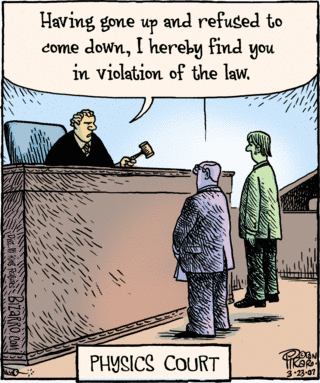Editing
Growing Grammar: Planting Words So Sentences Can Sprout
One of the most challenging lessons for students to learn (and for me to teach them) is that diction (word choice) and syntax (how words are arranged in a sentence) are crucial in understanding the piece we’re reading. Truly, the most difficult perception to hack away at is the notion that writers just don’t pay…
Taking Your Writing Up a Notch
So you’re finished with the first draft (at least I am) not it’s time to polish. Where do you start? Here are some things to look for when you start the editing process: Look for ways to make your verbs stronger. Below is a list of passive verbs, but not even an active verb can…
Revision Letters
My friend Colleen Coble tells anyone who will listen that she LOVES revision letters. I used to think she was crazy. Then I got my first revision letter. I’ve been through a couple sets of revision letters with Canteen Dreams (October 2007 – Heartsong Presents) and the first with Deadly Exposure (June 2008 – Love…
GROWING GRAMMAR: Modifiers…do you know where yours are?
Modifiers are like teenagers: they fall in love with whatever they’re next to. Make sure they’re next to something they ought to modify! (from The Guide to Grammar and Writing sponsored by the Capital Community College Foundation) Unlike luxury cars, modifiers are not equipped with navigation systems. They get lost, they dangle, they confuse. Hmmm…starting…
Some rules NOT to follow!
FUMBLE RULES (with thanks to Richards Lederer and Dowis in Sleeping Dogs Don’t Lay) This is a collection of self-contradictory rules of English. Enjoy. Remember, though, like most humor, there’s a serious lesson for the learning! 1. Each pronoun should agree with their antecedent. 2. Between you and I, pronoun case is important. 3. A…
GROWING GRAMMAR: DIALOGUE
Writing dialogue is tricky enough. Then there’s that whole punctuation issue, unless, well, you’re William Faulkner, James Joyce, or Cormac McCarthy, to name a few. They dispensed with punctuation littering their prose, and critics deem them style-masters. (Try doing that in a Genesis contest!). Some might deem them confusion-masters, but that’s another column. The rules…
My great-grandchildren are great grandchildren OR Compounding the hyphen problem
Is the writer well known or is she a well-known writer? Both. Which explains why compound and hyphenated words can cause a headache when your head aches. The information here comes from Sleeping Dogs Don’t Lay by Richards Lederer and Dowis. In addition, this link from Writing for Business and Pleasure by Stephen Wilbers is…
When is Enough Editing, Really Enough?
I’ve been working on the same WIP, no the same prologue for almost two years now. I’ve entered it in contests and got critiques. My crit partners have bleed all over my pages and it was even critiqued by an agent. All had great things to say. And with every critique I made changes. I…
What’s a chapter-by-chapter synopsis?
Some editors or agents ask for a chapter-by-chapter synopsis. Not all of them do, so don’t automatically assume you need one. However, it’s the easiest type of synopsis to write, in my opinion. It’s simply a list of each chapter number, and then a couple sentences describing what happens in the chapter. Any significant spiritual…
- « Previous
- 1
- 2
- 3
- 4


